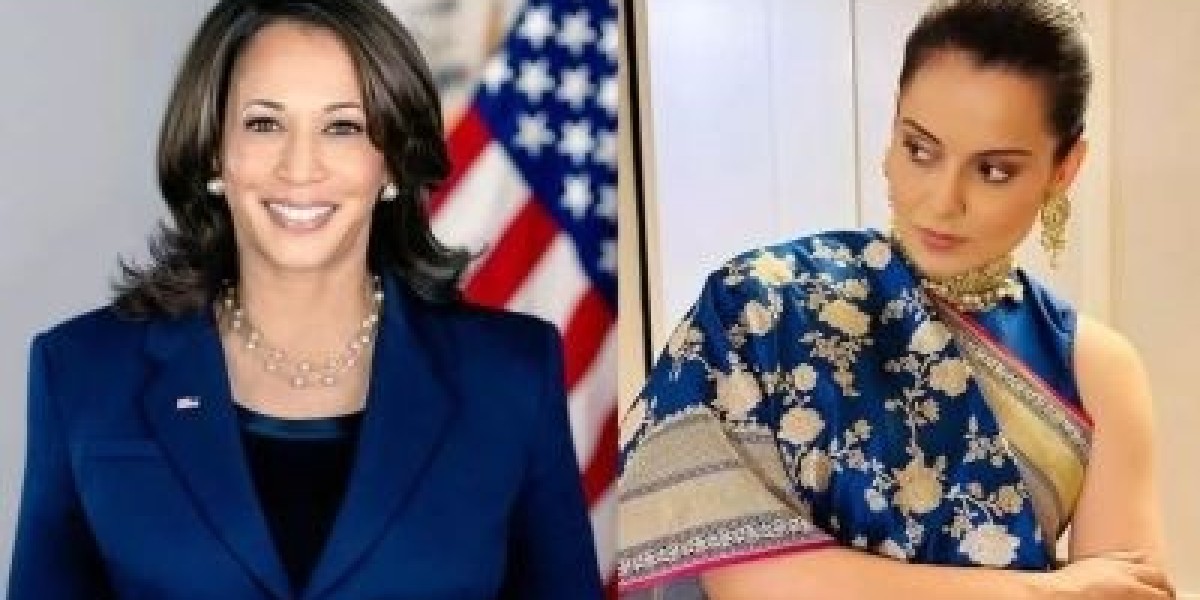Jumbangla Desk: Three months after the fall of former Prime Minister Sheikh Hasina in the face of a coup, the reform agenda of the interim government of Bangladesh is becoming clearer. Along with that, the hidden dangers are also evident. The administration, led by Nobel laureate Muhammad Yunus, is expected to remain in power for another year and possibly longer.
Fifteen years into Hasina's rule, Bangladesh has a once-in-a-generation opportunity to improve governance and prevent the rise of another authoritarian regime. If the interim government fails, Bangladesh may revert to the previous status quo or go to military rule.
The interim government that came to power after the fall of the Sheikh Hasina government in Bangladesh is going to complete 100 days tomorrow. On this occasion, the International Crisis Group, a non-profit organization based in Brussels, Belgium, published a long report.
New era in Bangladesh? In the report, titled The First Hundred Days of Reforms, they say the interim government should aim to demonstrate quick results to retain public support for more ambitious reforms. This government should avoid being in power for too long and build a consensus among political parties on new steps. External parties should extend a helping hand; India should work to repair the country's image among the people of Bangladesh.
The interim government of Bangladesh has a lot of important tasks ahead of it. Taking office on August 8, three days after the increasingly authoritarian Sheikh Hasina was toppled in a popular coup, the government led by Nobel laureate Muhammad Yunus quickly projected a bold agenda of political, governance and economic reforms. Many Bangladeshis are calling Hasina's fall a 'second independence' (referring to the 1971 war of independence), highlighting the people's strong desire for major change. So far there has been widespread support for Yunus and his colleagues, but public expectations have both good and bad consequences. If the interim government stumbles on reforms, the result is likely to be an early election with little progress; In a worst-case scenario, the military may take over. The interim government should focus on some quick achievements to keep its social support base strong, while it builds consensus around key reforms and prepares the country for credible elections. International parties should support the Yunus administration and strengthen Bangladesh's economy to help usher in a new era in national politics.
After 15 years in power, Sheikh Hasina's government became widely unpopular. To maintain power, his government systematically undermined the independence of Bangladesh's institutions, particularly the police, judiciary and bureaucracy. Economic mismanagement, extreme social inequality and growing corruption, along with widespread human rights abuses and regular repression of government opponents, have weakened support for his party, the Awami League (AL), especially in the last five years. The party won a landslide victory in the January election, but that victory came due to the boycott of the opposition and low voter turnout. The Supreme Court's decision to reinstate controversial quotas in government jobs in June served as a spark for student-led protests, which erupted into mass explosions the following month. Hasina's brutal measures, including internet shutdowns and severe repression across the country, turned the student movement into a popular uprising that forced her to leave the country hastily.
The euphoria that fueled Hasina's departure has lingered, but the harsh reality of the road ahead is becoming increasingly clear. An already ailing economy is slowing, further battered by more than a month of protests and uncertainty surrounding the transfer of power. Yunus's government has struggled to restore law and order, relying mainly on a police force heavily involved in crackdowns on protests. Retaining popular support is crucial for the interim government, especially given its legal basis to complement existing laws.
Reorganization of the country's institutions will also be a great achievement. And while the interim government is the most inclusive ever in Bangladesh, many of its members lack experience in government and administration. Retaining the support of major political parties is already proving challenging: some have taken positions to facilitate early elections, and even Yunus's allies have diverged on issues such as constitutional reform and accountability for atrocities committed during Hasina's rule. Although Hasina's party is now in disarray, Yunus may also face obstacles from pro-Awami League groups and individuals.
Far from fulfilling, managing the skyrocketing public expectations will be very challenging. Experience shows that the longer the interim government wants to stay in power, the stronger the demands for early elections and the more doubts about their legitimacy. Yunus will be forced to make unpopular decisions, including economic reforms that could hurt the weaker sections of society and how much he will hold accountable for human rights abuses committed during Hasina's rule. Many Bangladeshis want revenge for the Awami League's oppression, an impulse that Yunus is rightly unwilling to indulge.
Although challenges abound, this situation has brought an unprecedented opportunity before Bangladesh. Since 1990, two parties - Hasina's Awami League and its arch-rival Khaleda Zia's Bangladesh Nationalist Party (BNP) - have dominated politics, taking turns to form governments. Both have used state institutions to further their own ends, nurtured party thugs, perverted electoral rules and created cliques of beneficiaries to cling to power. But Hasina took these tactics to extremes and pushed the Bangladeshis too far. As a result, he gave the interim government a once-in-a-generation opportunity to impose stronger checks and balances on future governments. The main objective of the upcoming comprehensive reforms is to ensure that the authoritarianism and the bureaucratic system of loyal incompetents of the past fifteen years do not return.
Even though it is not clear how successful Yunus' team will be in reaching this goal, the options do not seem pleasant. An early election would likely bring the BNP to power with a slight reduction in power; In view of the party's past activities, many people doubt whether they will be able to do something better than Awami League. If the political and economic situation deteriorates significantly, the army may intervene, leading to military rule.
The government's best defense against those seeking to undermine the Yunus government will be to continue to pass on the benefits of its own work, which will help the government retain public support while it embarks on deeper reforms. Among the immediate achievements may be tackling petty corruption in public services, improving electricity supply and reducing high prices of daily commodities. Strong public support for the interim government may pressure other political forces, especially the BNP, to side with the government's agenda. Whatever the case, the interim government should be relentless in building consensus among political parties and other key groups, such as the army and students who led the protests to oust Hasina. This government should balance the demands of justice from the need to reverse partition, keeping their decisions within the bounds of the Constitution to minimize the risk of later reversal. This government should try to hold fresh elections under the reformed electoral system within a realistic time frame, which should not extend beyond eighteen months.
Foreign governments and multinational organizations should provide technical and financial support to the interim government, including security, judicial, electoral and economic reforms. Foreign governments should also help recover money stolen through corruption and state patronage, which is in banks and housing businesses outside Bangladesh. India should take steps to repair the tarnished image of the country by strongly supporting Hasina throughout her tenure. So that this opportunity of political and economic change in Bangladesh is not missed, for which many people of the country are anxious; Internal and external support will be crucial to ensure that.


















































